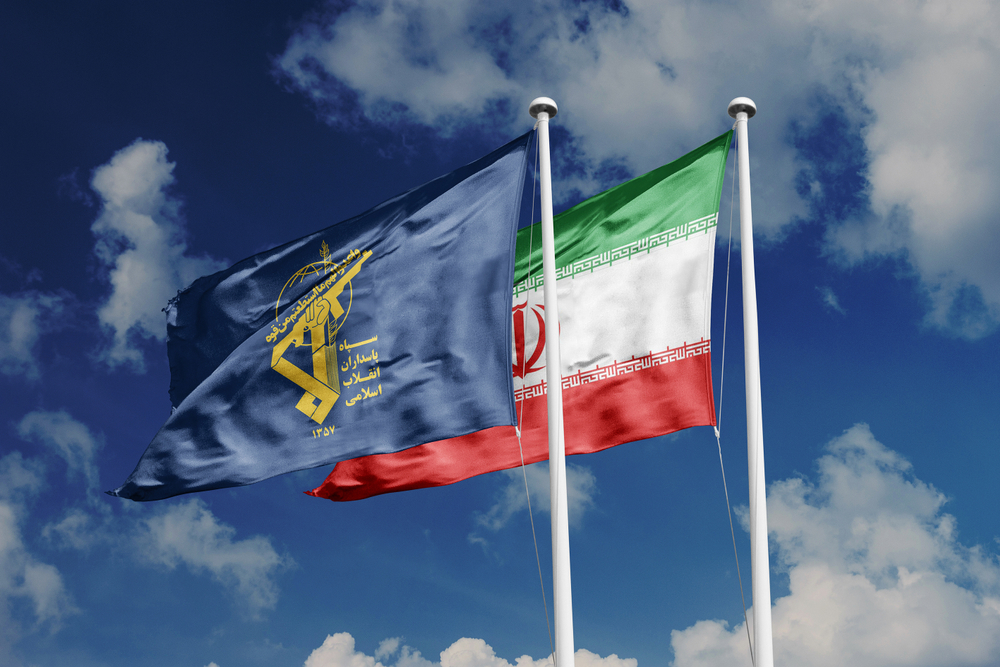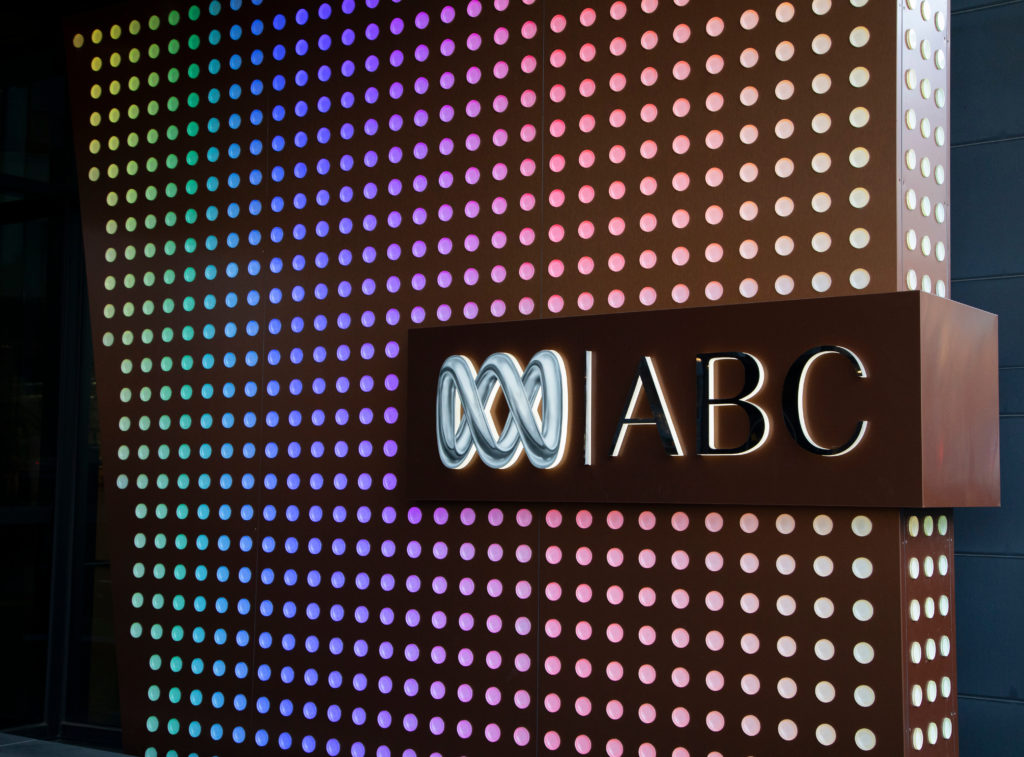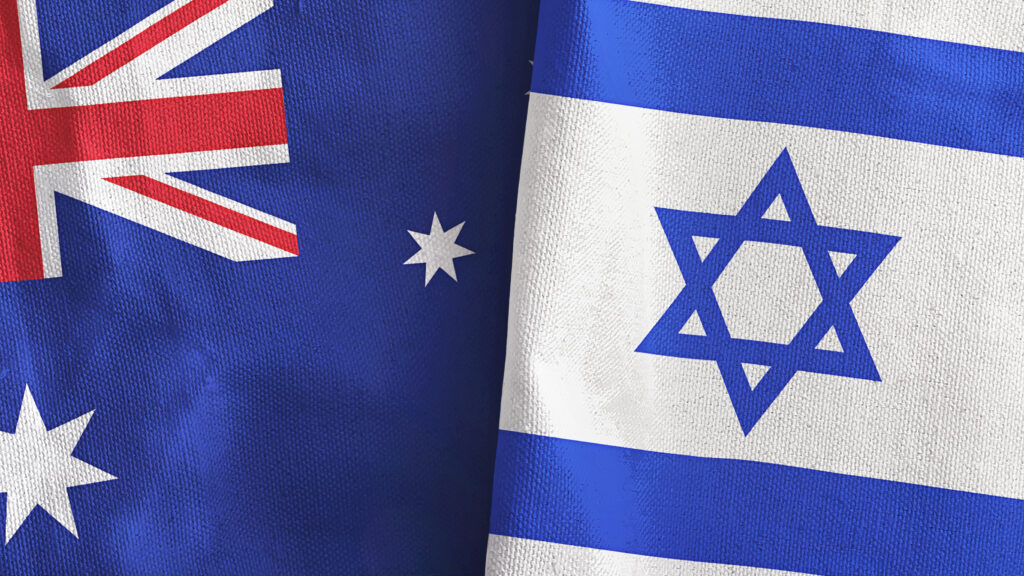UPDATES
Media Week – No experience necessary?; Flotilla details sink; McGeough shrugs; Doubting Thomas; One among the pack; Relationships advice
April 4, 2013 | Allon Lee

No experience necessary?
Ahead of PM Julia Gillard’s cabinet reshuffle Michael Danby’s name was touted in the Age and Sydney Morning Herald (March 25) as a potential foreign affairs parliamentary secretary (in the end he got the gig for the Arts instead).
Danby of course has excellent foreign policy credentials, including experience as chair of the Parliament’s Joint Standing Committee on Migration, chair of the Foreign Affairs Sub-Committee of the Joint Standing Committee on Foreign Affairs, Defence and Trade, chair of the Parliamentary Friendship Group for the United States, and chair of the Parliamentary Group for Tibet.
Danby represented Australia in 2011 at the inauguration ceremony of South Sudan and is a high profile supporter of the Tibetan people.
Unfortunately, unlike the five other MPs profiled whose professional experience was touched upon, Danby’s only qualification appears to be that he is a “staunch supporter of Israel”, according to the Fairfax papers.
Flotilla details sink
Ruth Pollard reported (March 24) in the Fairfax papers on Israeli PM Binyamin Netanyahu’s surprise apology to his Turkish counterpart for what she described as “the deaths of nine of its citizens” aboard the Mavi Marmara in 2010.
Remarkably Pollard failed to include even any reference to Israel’s defence of its use of force – easily verifiable via YouTube video footage – against the dozens of armed men anticipating their arrival.
Pollard did note, albeit at the very end, that “a United Nations inquiry into the incident found Israel’s naval blockade was justified, but said the soldiers had used ‘excessive and unreasonable’ force in the raid.”
Actually, the report also criticised those on board for their “significant, organised and violent resistance”.
The same day, the Australian‘s John Lyons and a Herald Sun report on Netanyahu’s apology did note the violence Israeli commandos encountered. The H.Sun article also maade reference to Turkish PM Recep Erdogan’s labelling of Zionism as a crime against humanity in February.
McGeough shrugs
In the Age/Sydney Morning Herald (March 23), Paul McGeough used the tenth anniversary of the commencement of the Second Iraq War to imply that Israel’s current PM Binyamin Netanyahu was a co-agitator for that invasion pointing to his “September 2002 testimony to a congressional committee” that there “‘is no question whatsoever that Saddam is seeking and is working and is advancing towards the development of nuclear weapons'” – a view widely shared by almost all Western political leaders at the time.
Moreover, contrary to McGeough’s implication, Israeli leaders did not agitate for the war.
McGeough then warned: “Tomorrow Tehran.”
McGeough couldn’t bring himself to mention Saddam’s tyrannical deeds, his 1980 invasion of Iran, use of chemical weapons against his own citizens in 1988, the 1990 invasion of Kuwait and threat to burn half of Israel with chemical weapons that same year or Saddam’s 39 scuds that hit Israel in the first Gulf War.
In contrast, in the Age/Sydney Morning Herald (March 25), Alexander Downer, Australia’s Foreign Minister in 2003, noted “we helped spare the region and the world from a dictator who aspired to dominate the Arab world and threaten Israel.”
Doubting Thomas
In the Age (March 17), New York Times columnist Thomas Friedman drafted a question he wanted President Obama to ask Israel’s leadership during his visit: “”Shouldn’t you be constantly testing and testing whether there is a Palestinian partner for a secure peace? After all, you have a huge interest in trying to midwife a decent West Bank Palestinian state that is modern, multi-religious and pro-Western – a different model from the Muslim Brotherhood variants around you…as a friend, I just want to know one thing: what is your long-term strategy? Do you even have one?”
In fact Netanyahu has called on the Palestinians to negotiate without preconditions since 2009 and committed Israel to a two-state outcome. It’s a pity that Friedman’s hypothetical didn’t apply to the Palestinian leadership as well, which has refused all overtures despite a 10 month freeze on construction in settlements in 2010.
One among the pack
Daniel Pipes in the Australian (March 21) lamented the “fixation on the Arab-Israeli conflict, which ranks only 49th in fatalities since World War II”
Pipes decried the “strange belief on the Left that this issue is key not just to the Middle East but to world problems”, and quoted James L. Jones, former Obama national security adviser from October 2009 claiming that “of all the problems the administration faces globally…I would recommend to the President that if he could do anything he wanted to solve one problem, this would be it. Finding a solution to this problem has ripples that echo…and affect many other problems that we face elsewhere in the globe.”
But Pipes said of this mentality, “it staggers the imagination to think that the White House awaits resolution on Jerusalem and Palestine refugees to handle Kurdish restlessness, Islamist assaults, Syrian civil insurrection, Iranian nuclear ambitions, Egyptian economic travails and Yemeni anarchy.”
In fact, Pipes argued, defeating Islamism would “help resolve the Arab-Israeli conflict, as would deflecting the Iranian bomb…The Islamist surge in 2009 had already riven the Middle East into Iranian- and Saudi-led blocs: Israel and the Palestinians were not then or now the regional centre. Arguably, Iran, Turkey or Saudi Arabia is.”
Relationships advice
In the Age and Sun-Herald (March 17) veteran US Middle East adviser Aaron David Miller wrote of the reasons for the brittle relationship between Obama and Binyamin Netanyahu.
“Netanyahu is preternaturally suspicious of the US’s role in the peace process and particularly of someone such as Obama, who aspires to do big things…Obama’s appointment of George Mitchell as peace envoy within two days of his first inauguration, his repeated calls for a settlement freeze and his outreach to the Arab and Muslim world in his 2009 Cairo speech convinced Netanyahu that Obama was going to press him hard…Every serious and successful American mediator fights with the Israelis. But the fights need to be productive and advance the peace process, not stall it… by making a settlement freeze the centrepiece of his approach, Obama lost credibility with Israel and then with the Palestinians and Arabs when he backed down.”
– Allon Lee
Tags: Anti-Zionism





